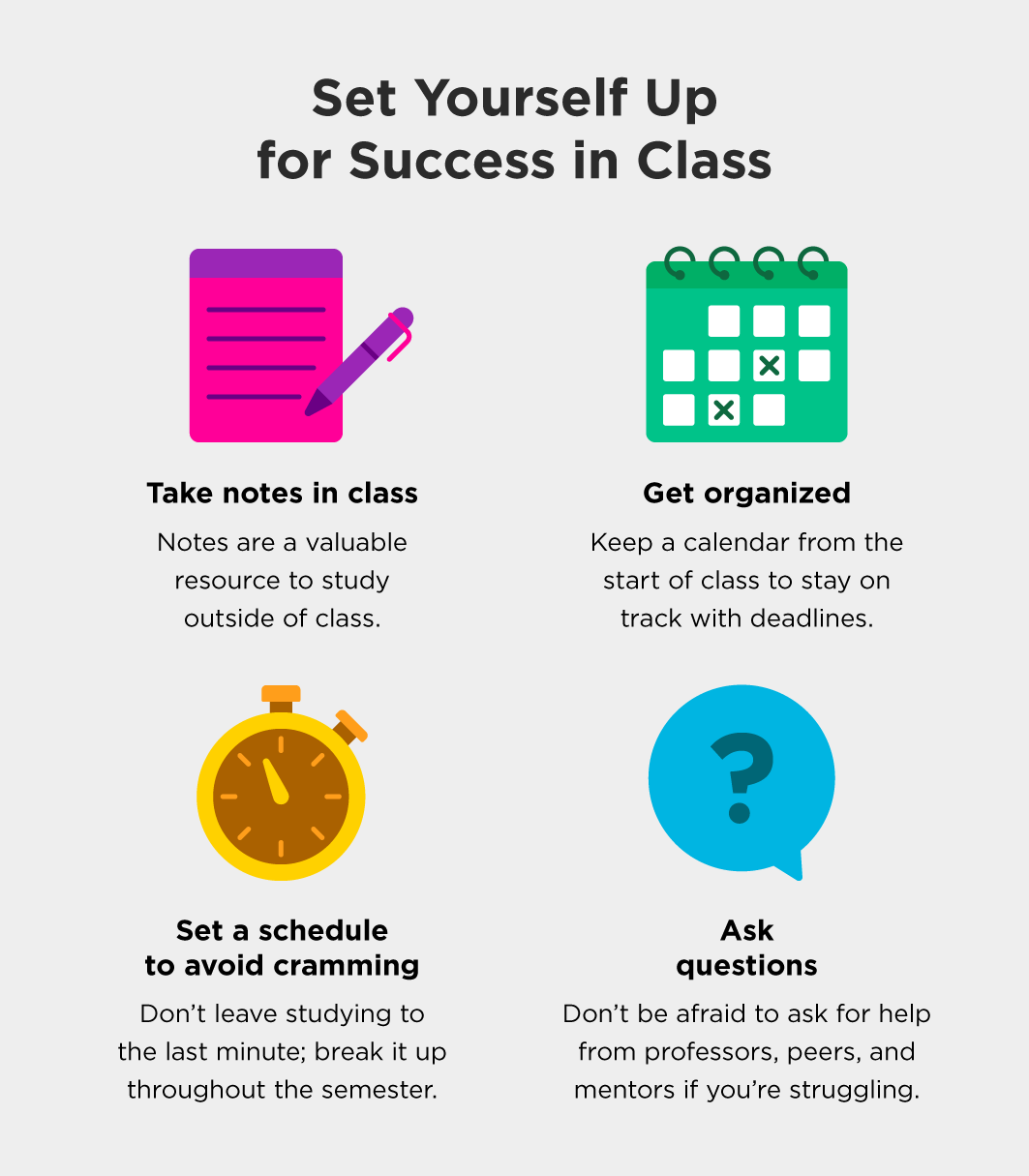Blitz News Digest
Stay updated with the latest trends and insights.
Cramming Is so Last Semester
Say goodbye to last-minute cramming! Discover savvy study tips that transform your learning into a breeze. Ace your exams with ease!
The Top 5 Study Techniques to Ditch Cramming for Good
Cramming often leads to stress and ineffective learning, but there are better ways to prepare for exams. To ditch cramming for good, start by adopting consistent study habits that help reinforce your understanding over time. Spaced repetition is one powerful technique where you review material at increasing intervals. This method enhances memory retention and makes studying less overwhelming. Additionally, utilizing active recall—testing yourself rather than passively re-reading—can significantly improve information retention and recall during tests.
Another effective strategy is to create a study schedule that breaks down your learning into manageable chunks. This encourages you to focus on one topic at a time, allowing for deeper understanding. Utilize visual aids such as mind maps and flashcards to make your study sessions more engaging. Finally, remember to practice self-care: adequate sleep, nutrition, and breaks are essential to optimal cognitive function. By integrating these study techniques into your routine, you can effectively eliminate the need for cramming and enhance your overall academic performance.

How to Create a Study Schedule That Works for You
Creating a study schedule that works for you involves understanding your unique learning style and commitments. Start by evaluating your daily routine and identifying the best times for studying. Consider using a weekly planner to visualize your time. List all subjects or topics you need to cover and allocate specific time slots for each. A good rule of thumb is to break down your study material into manageable chunks, allowing for short breaks to maximize focus and retention. For example, you can implement the Pomodoro Technique: 25 minutes of concentrated study followed by a 5-minute break.
Once you have a initial plan, it's crucial to remain flexible and adjust according to your progress. Review your study schedule weekly to identify what worked and what didn’t. Incorporate tools like digital calendars or apps to receive reminders and keep you on track. Additionally, don’t forget to set realistic goals; aim for consistency over volume. A well-structured and personalized study schedule will not only enhance your productivity but also reduce stress as you prepare for exams or projects.
Why Consistent Studying Beats Last-Minute Cramming: A Deep Dive
The age-old debate of consistent studying versus last-minute cramming often emerges as students approach exam season. While some may argue that cramming can temporarily boost grades, the benefits of a steady study regimen are far more significant and long-lasting. Consistent studying helps reinforce learning over time, allowing for better retention of information and a deeper understanding of the subject matter. Research shows that spacing out learning sessions enhances cognitive connections, making it easier to recall information during tests. This method not only alleviates stress but also cultivates discipline and time management skills that are invaluable beyond the classroom.
In contrast, last-minute cramming often leads to a chaotic and superficial grasp of material, which can result in anxiety and fatigue. When students cram, they typically focus on memorization rather than understanding, which is detrimental for complex subjects that require critical thinking. Moreover, cramming can leave students with an overreliance on short-term memory, making it difficult to retain information for future use. By adopting a strategy of consistent studying, students can approach their studies with confidence, ensuring that they not only excel in exams but also build a strong foundation for lifelong learning.